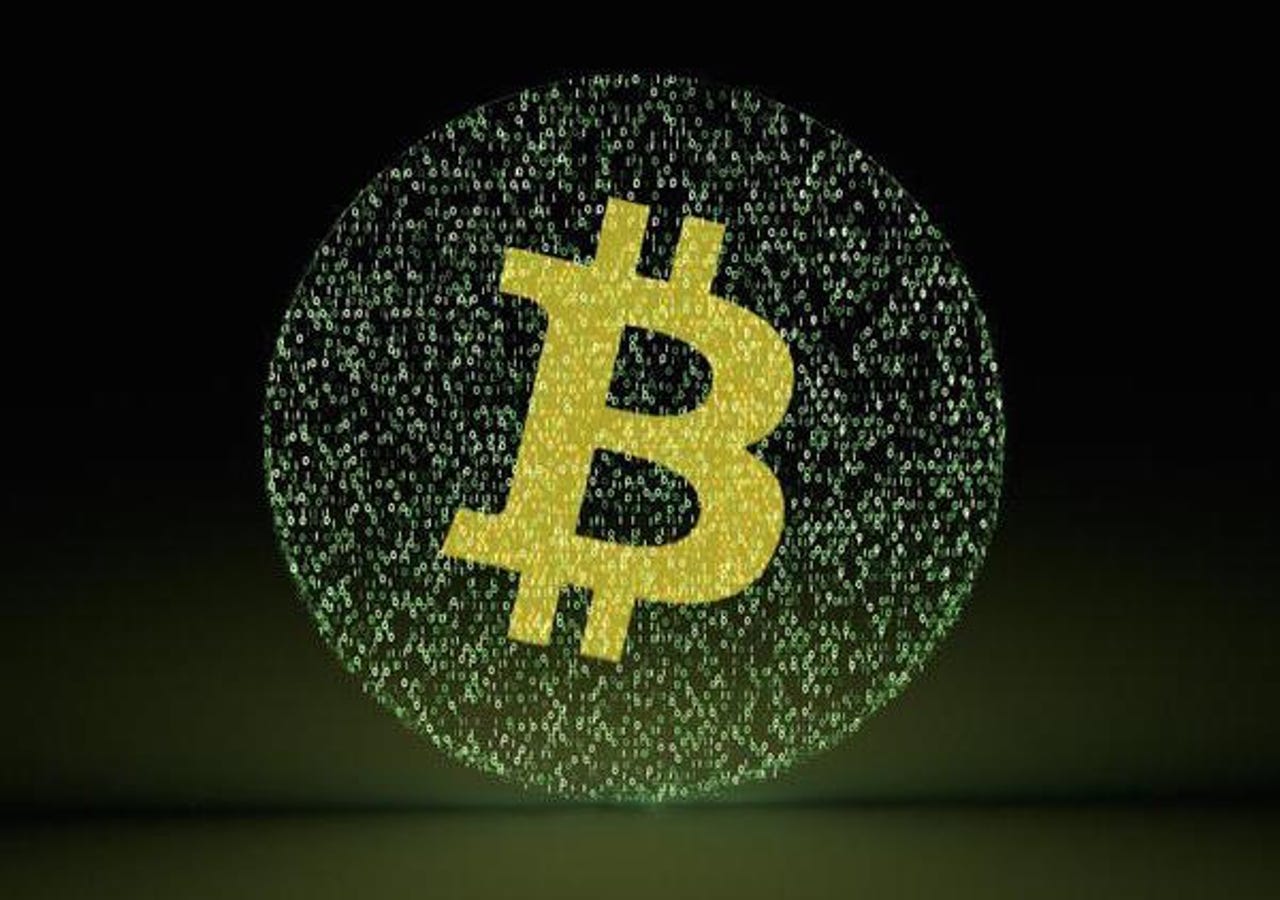Florida judge rules bitcoin is not currency


In a win for bitcoin advocates, a Florida judge on Monday ruled that bitcoins do not count as money, throwing out felony charges against a website designer accused of illegally transmitting and laundering $1,500 worth of bitcoins.
Florida resident Michell Espinoza faced felony charges after selling bitcoins to undercover detectives who told him they wanted to use the bitcoins to buy stolen credit card numbers, as the Miami Herald reports.
Miami-Dade Circuit Judge Teresa Mary Pooler concluded that bitcoins count as property rather than currency. Among other reasons, Pooler said that bitcoins don't count as currency since they're not backed by any government or bank. Consequently, she threw out the charge against Espinoza for serving as an "unauthorized money transmitter."
Read this
Pooler also threw out money laundering charges against Espinoza. Florida law says a person can be charged with money laundering if they are part of a financial transaction that will "promote" illegal activity. Apart from the fact that Espinoza's sale of bitcoins wouldn't count as a "financial transaction," Pooler noted that the meaning of "promote" was vague.
"This court is unwilling to punish a man for selling his property to another, when his actions fall under a statute that is so vaguely written that even legal professionals have difficulty finding a singular meaning," she wrote.
Had Pooler ruled that bitcoins count as currency, it would've undercut the business currently conducted in the US with the technology. As the Herald noted, bitcoin is gaining traction among some businesses. Currently, the IRS considers bitcoin to be property, while the Commodity Futures Trading Commission says it's a commodity.
The case, the Herald reported, was considered one of the first money laundering prosecutions involving bitcoins. However, US prosecutors have won convictions to other cases tied to bitcoin. For instance, 33-year-old Trendon Shavers was recently sentenced to 18 months in prison for carrying out a Ponzi scheme using bitcoins. That case marked the first US prosecution of bitcoin securities fraud.
Meanwhile, the digital currency falls under different legal categories in various countries and has played a role in money laundering cases abroad. In Spain, for instance, police arrested 30 people accused of using bitcoin mining in a money laundering scheme.